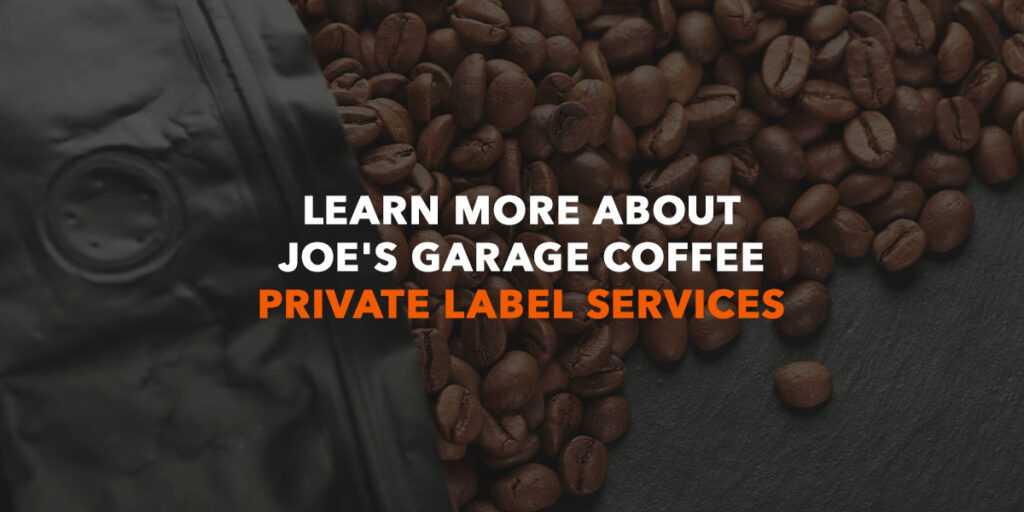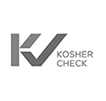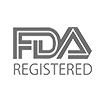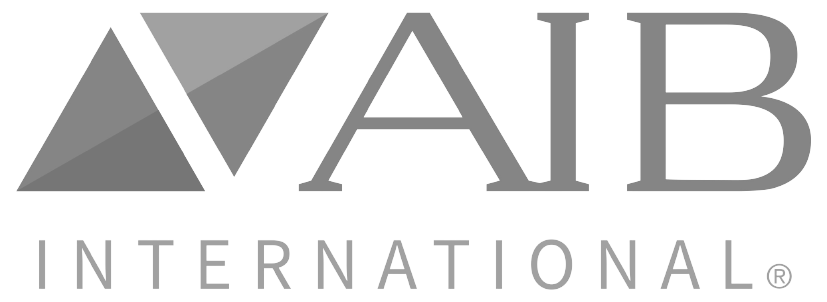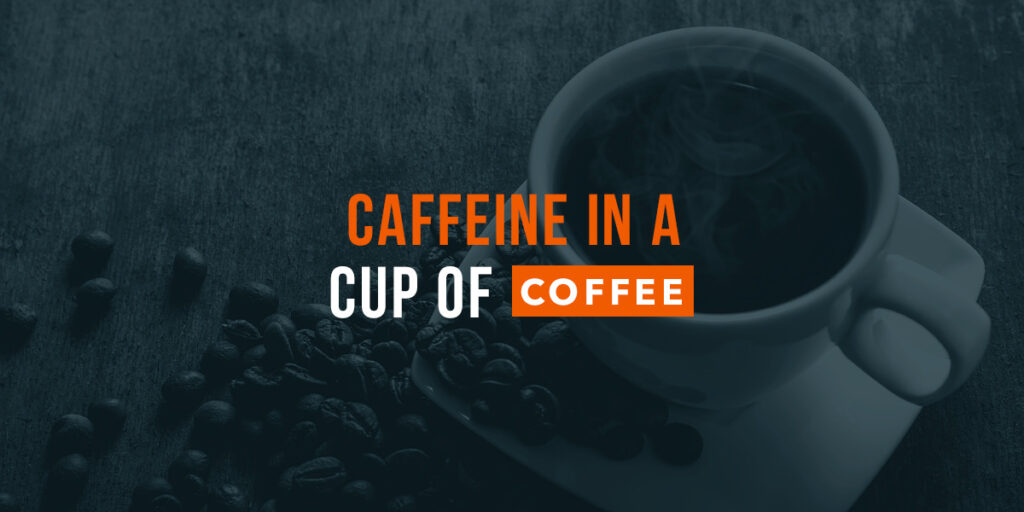
Table of Contents
- How Much Caffeine Is in a Cup of Coffee?
- What Factors Affect Caffeine Content?
- How Much Caffeine Is in Commercial Coffee Brands?
- FAQs
As a coffee supplier, it’s crucial to provide many options. Customers might prefer different flavors, consistencies, and caffeine levels. The more coffee types you offer, the more customers you can satisfy.
An essential consideration when developing coffee products is the caffeine amount. Caffeine can affect everyone differently — while some feel more alert and excited, others might experience anxiety or lack of concentration. Because of these differences, customers might prefer lower or higher caffeine levels in their drinks.
Learning more about caffeine amounts can help you meet customer needs more closely. It also helps you make more informed decisions as a professional in the coffee industry.
How Much Caffeine Is in a Cup of Coffee?
A standard 8-ounce cup of coffee has around 96 milligrams of caffeine. Exact caffeine quantities depend on processing techniques and brewing times. Different manufacturers might have significantly higher or lower amounts in the same quantity.
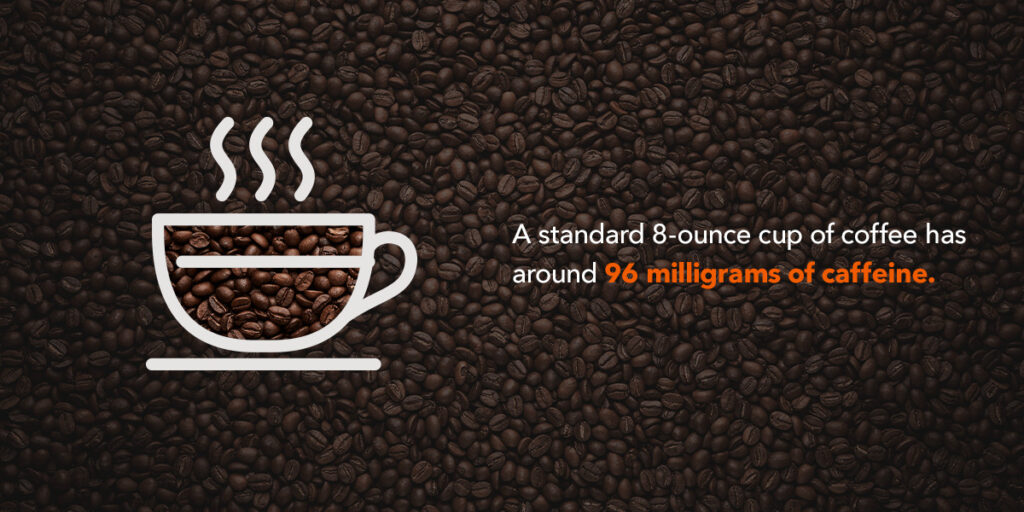
For instance, these different coffee types have varying amounts:
- Espresso: Espresso contains more caffeine per ounce than regularly brewed coffee — 1 ounce of espresso has about 64 milligrams of caffeine.
- Decaf coffee: Decaf coffee features a small percentage of caffeine. During decaffeination, manufacturers remove about 95% of the caffeine from the beverage. In general, 8 ounces of decaf coffee contains 2 milligrams of caffeine, which is significantly less than a typical cup.
- Instant coffee: Instant coffee contains about 57 milligrams of caffeine per 8-ounce cup.
In addition to coffee, other caffeinated beverages have varying amounts of caffeine. These are approximate caffeine levels in other popular beverages:
- 8 ounces of black tea contains 47 milligrams of caffeine.
- 8 ounces of an energy drink contains 72 milligrams of caffeine.
What Factors Affect Caffeine Content?
While these estimates provide a general idea of caffeine amounts, the exact content depends on a variety of factors, including:
- Coffee bean type: Arabica beans make up about 70% of the world’s coffee, providing a mild and smooth taste. They have lower caffeine quantities than Robusta beans — Robusta beans produce coffee with up to 60% more caffeine, which creates a distinct and stronger flavor.
- Grind size: The grind size also affects caffeine content. A finer grind releases more caffeine into a drink, resulting in higher concentrations than larger grind sizes.
- Drink type: Every brewing method processes caffeine differently, resulting in varying contents. For example, espresso shots have higher concentrations of caffeine than other types.
- Serving size: Most retailers sell coffee in different serving sizes, letting customers choose the amount they need. Serving sizes can range from 1 to 24 ounces, affecting the total caffeine content consumed. Some brands also offer add-ons or additional espresso shots, which also impact total caffeine amounts. The more customers personalize their drinks, the higher the caffeine content can become.
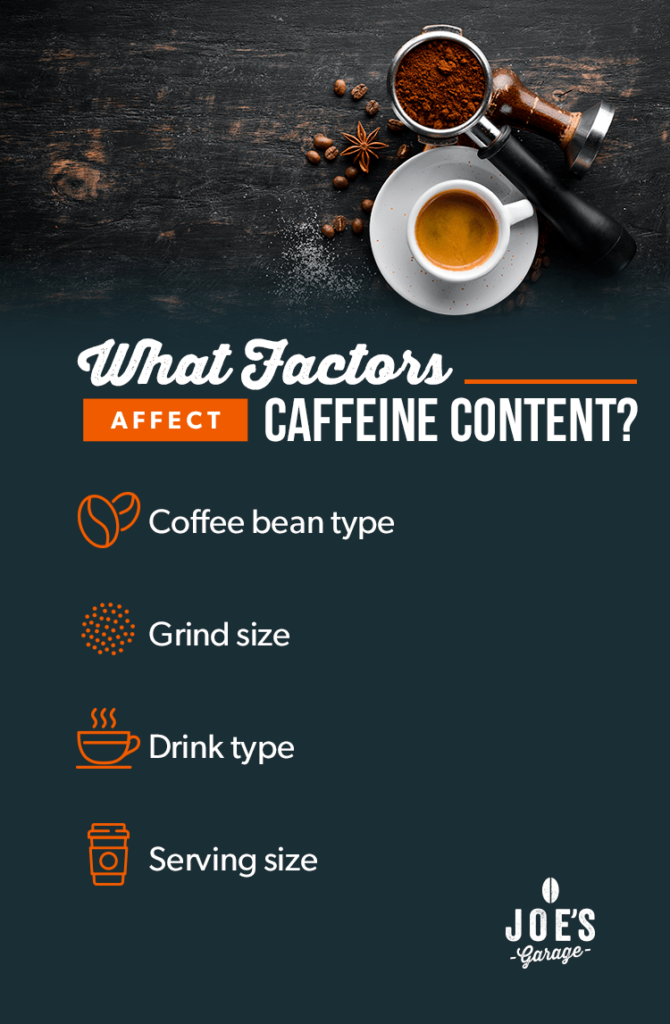
How Much Caffeine Is in Commercial Coffee Brands?
Caffeine amounts also differ by brand. Retailers use different grind sizes, coffee bean types, and serving sizes when selling their drinks to consumers.
These are a few commercial brands and their different levels of caffeine in coffee drinks:
- Starbucks: Starbucks is a leading coffee retailer and manufacturer for customers worldwide. The company’s menu ranges from espresso shots to customized, ice-based coffee drinks. Each menu offering varies in caffeine content. A traditional dark roast coffee in a 16-ounce size has 260 milligrams of caffeine.
- McDonald’s: McDonald’s sells a variety of coffee drinks in their restaurants. However, McDonald’s doesn’t publicly list caffeine amounts in their coffee beverages, so knowing the exact content is challenging. It’s estimated that a 16-ounce size contains about 145 milligrams of caffeine.
- Dunkin’ Donuts: Dunkin’ Donuts is another leading coffee seller. Like McDonald’s, they don’t publish caffeine quantities for the public. The company’s 14-ounce size of brewed coffee is estimated to include about 210 milligrams of caffeine.
Caffeine in Coffee FAQs
Here are a few more commonly asked questions about caffeine content:
1. How Much Caffeine Is Too Much?
The United States Food and Drug Administration states that adults can safely consume 400 milligrams of caffeine per day. This amount differs for younger children and people with specific conditions, such as those who are pregnant.
However, caffeine affects everyone differently, so 400 milligrams might be too much for some. People with sensitivity to caffeine might experience increased anxiety, sleeping difficulties, faster heart rate, and other negative side effects if they consume more than a comfortable amount.
2. Does Decaf Coffee Have Caffeine?
Decaf coffee contains a tiny amount of caffeine, usually around 2 milligrams. Manufacturers soak the coffee beans in liquid to dissolve and remove the majority of the caffeine. The small caffeine content left behind has minimal effects compared to a typical cup of coffee.
3. Does Light Roast or Dark Roast Coffee Have More Caffeine?
While they have different tastes, light and dark roast coffees have similar caffeine amounts. Light roast coffee has slightly more caffeine and a milder taste. Dark roasts have bold and smooth flavors.
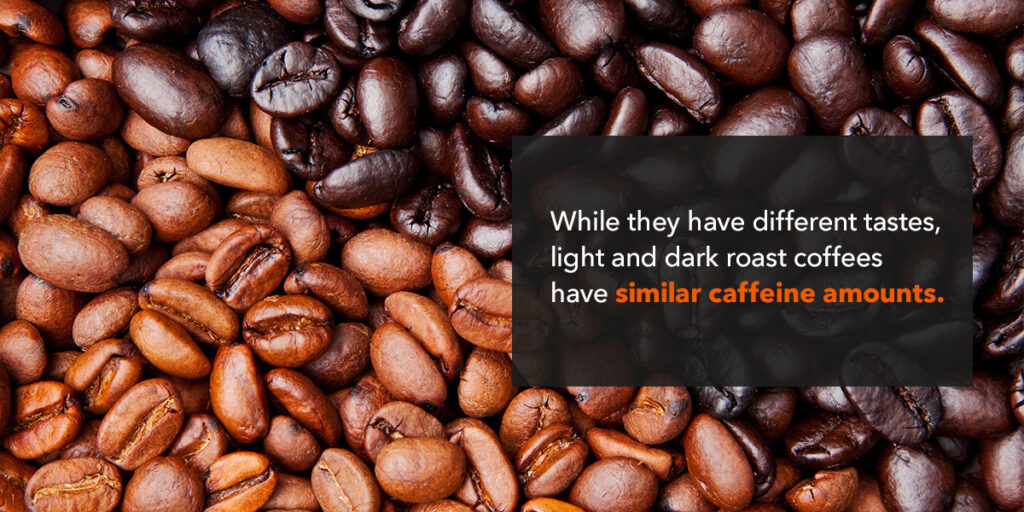
4. Does Tea Have Caffeine?
Various tea types contain caffeine, though the quantity is usually less than coffee. The amount depends on the tea type. For instance, brewed black tea has about 47 milligrams of caffeine in an 8-ounce cup, and brewed green tea contains 28 milligrams of caffeine in an 8-ounce cup.
Learn More About Joe’s Garage Coffee Private Label Services
Understanding caffeine quantities can help you make the best decisions for your products and customers. At Joe’s Garage Coffee, we’re dedicated to developing the highest quality coffee products for individual brands.
We can help you create a customized coffee solution that transforms your brand. Our state-of-the-art facility supports a wide range of project types, whether it’s your first experience with the industry or you’re an experienced brand.
To learn more about our private coffee label services, contact Joe’s Garage Coffee today or order samples today.


